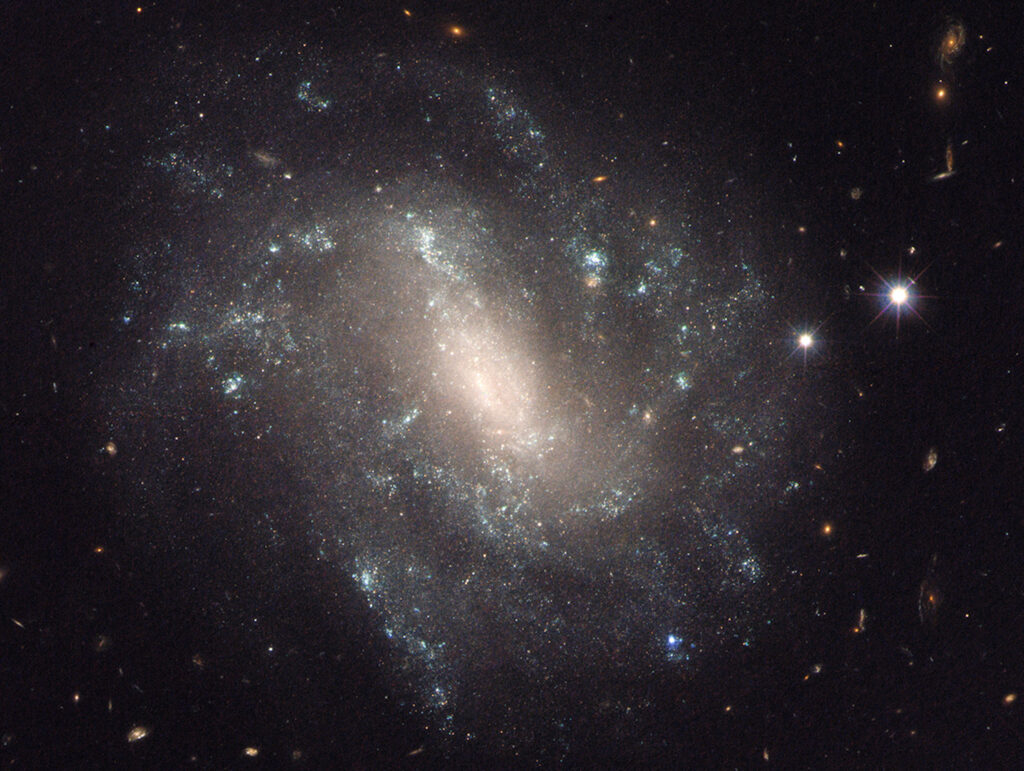“T”

“T” is part of the collection Indigenizing What It Means to Be Human. Read the introduction to the collection here.
When things burst the boundary of the topmost,
We lose their names.
You are she too deep to be named
To name you is to demote you
Take T and let’s talk;
T as a label, like a pleasant puzzle on a researcher’s desk;
Take T for lack of things to call you. [1] [1] During my doctoral fieldwork among the Orring of southeastern Nigeria, I once asked an informant the group’s idea of how the universe began and is run. His answer was eye-opening. “No human knows,” he replied. “Only Ọvọṅ o tiṅẹ lokpata gbẹẹ lose knows, and it keeps that secret to itself.” Ọvọṅ o tiṅẹ lokpata gbẹẹ lose translates in English, “The thing that created the sky and the earth.” The anthropomorphization of the “original cause” that is familiar in Christianity and Western thought is absent, except among coverts to the foreign faith or those who have had Western-style schooling (who are growing in number and threating the survival of autochthonous thought). This poem is my celebration of coming upon this knowledge among my hosts. Anthropologist and colonialist Percy Amaury Talbot writing about a neighboring Igbo group in the 1920s before Christianity struck roots had made similar observations, and the literary scholar Donatus Ibe Nwoga, himself an Igbo, devoted a book to the discourse.































